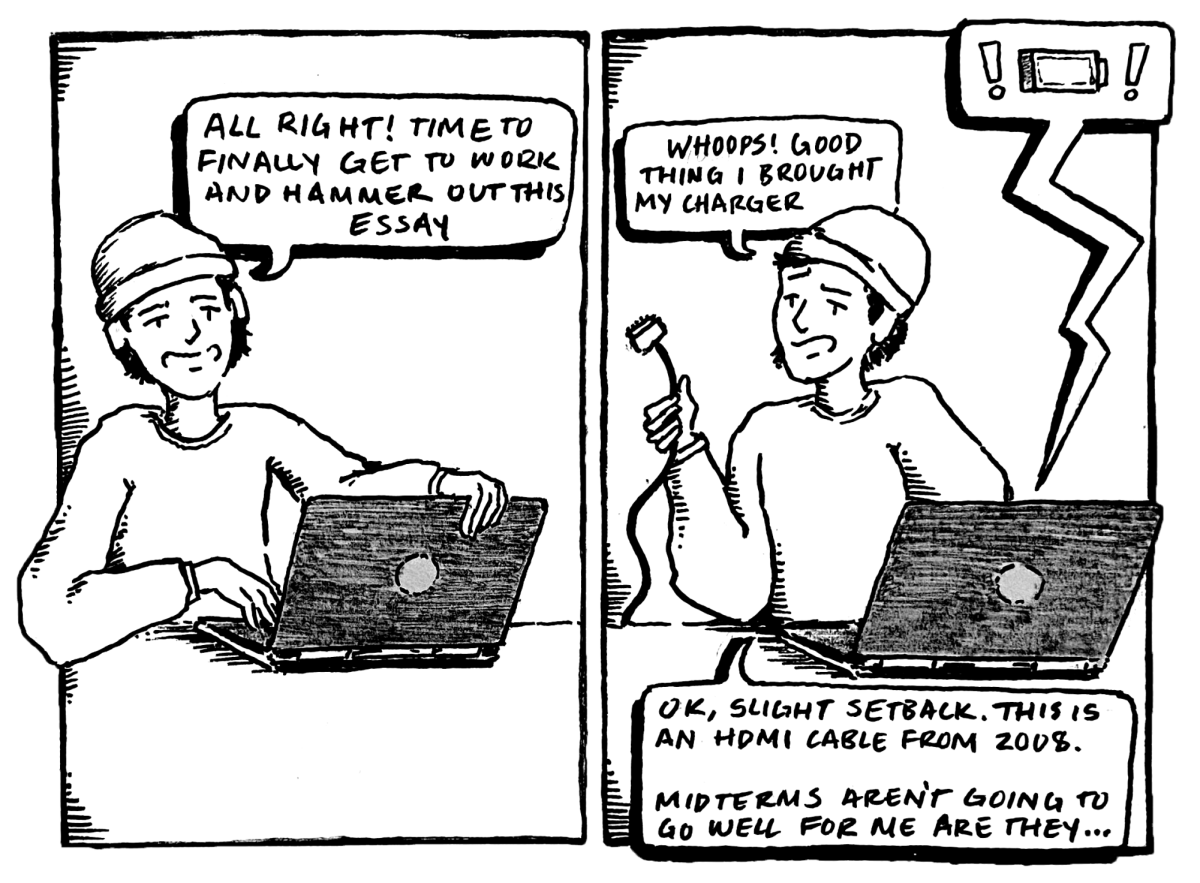The Oberlin Review, more than anything, is dedicated to publishing information and ideas that are relevant, accessible, and most importantly, factual. We are a newspaper — we seek to publish the truth, to get to the bottom of issues on campus and in the community, and to inform our readers of Oberlin’s happenings. We are an outlet for students, community members, alums, parents, professors, and administrators. And in our 150th year of publication, we realize that the Review is an archive — we are writing history.
But what is the truth? And how do we know that it is so? With mistrust and misinformation rampant in the media and bias ubiquitous among writers and readers, how do we as journalists — student journalists — go about deciphering fact from opinion? A fact is, in its dictionary definition, something that is known or proven to be true. It is often supposed to reflect our everyday realities and the state of things as they exist. Opinion pieces and letters, while they are not news articles and instead express a subjective view of events or facts, must still be based in fact. And writers should not express these facts in a misleading way, as this depletes the integrity of the opinion itself and could potentially misinform readers. This distinction between fact and opinion within the framework of an opinion piece or letter to the editor is exactly the crisis publications like the Review face today. The 2023 Digital News Report from the Reuters Institute for the Study of Journalism states that 40 percent of the public says that they trust most news most of the time, while 36 percent say they actively avoid it. Publications worldwide, including the Review, have to reconcile with the idea that the “truth” and the “facts” are often up for debate and have the potential to hurt readership.
While the Review is committed to publishing the truth through our production framework — each article is fact-checked rigorously by our production editors — the truth seems to be becoming harder to define, specifically in Opinions submissions. The Review encourages students, alumni, community members, and others to submit articles based on their perspectives to our Opinions section. Even though these are published in a section without traditional reporting, they are still fact-checked to prove that the author’s perspective is based on proven fact. To do this, we ask writers to provide sources linked in their submissions so that our editors can verify the facts that they use to support their opinion or argument.
We often find, however, that the sources of fact themselves seem to be biased or erroneous. Reputable publications like The New York Times and The Washington Post have published misinformation and conflicting reports about the Israel–Palestine conflict. Just last week, the Review issued a correction for a misedited quote that had originally appeared in the Times. Other sources and publications are linked to biased organizations that obscure the truth or promote a certain narrative.
We have also tried to rely on international organizations such as the United Nations or the International Court of Justice to stay consistent.
However, those organizations often use terminology that leave the facts up to the interpretation of those who use them. There is also the added effect that many of these organizations come from a Western framework and history, leaving many of our writers distrustful of their verdicts and judgments.
The reality is that many writers, as well as the entirety of the Review staff, do not hold law degrees — or even bachelor’s degrees, for that matter — and this language can be challenging to interpret as fact. Even the author’s language in an Opinions article can leave our editors at a loss. Language that frames opinion as fact can be misleading to readers, but it does not necessarily seem problematic to our writers, as it is, after all, their opinion. Asking writers to clarify their wording seems tedious, but it is important to the Editorial Board that what is opinion is presented as opinion and what is fact is presented as fact.
So, how do we fact-check our articles in a world where fact is relative and changes from source to source, especially regarding articles on changing and contentious world events?
Unfortunately, it means that there will always be a source disputing the ones that we publish in our articles and, in turn, that there will always be an unhappy reader. With that being said, this Editorial Board encourages all readers to engage with us in constructive and intellectual discourse by submitting letters to the editor, writing opinion pieces of your own, or emailing us: the goal of the Review’s Opinion section is, after all, to provide a space for Oberlin’s voices.
We never want to change anyone’s words; we often suggest revision if the argument can be reworded for clarity or if information is not accurate. We understand that for some, these articles are very special and expressive, and we wish to honor the style and perspective of every writer.
As the editorial staff, we spend hours in and outside the office communicating with dozens of writers with different pieces, opinions, and facts. Every day is spent with our production team, poring over each detail to make sure that they are factual and communicating with writers about the changes we make.
This process is done to every article without fault, and writers should take comfort in knowing that we subject our pieces to the same rigorous fact-checking as everyone else. But that becomes less and less of a comfort when faced with the terrible truth that there is no one truth.
Editorials are the responsibility of the Review Editorial Board — the Editors-in-Chief, Managing Editor, and Opinions Editors — and do not necessarily reflect the views of the staff of the Review.


